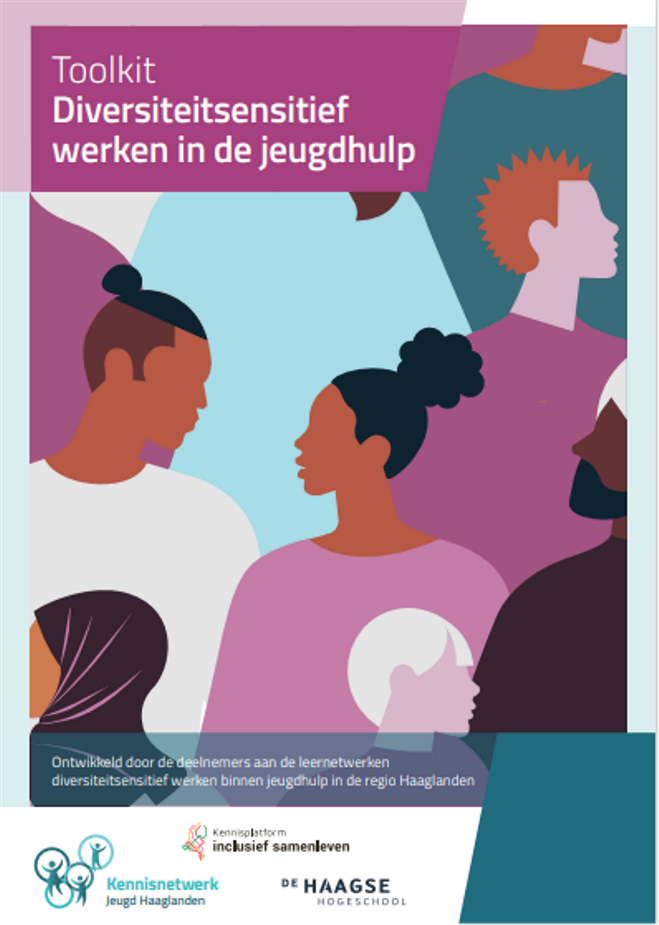Toolkit 'A Diversity-Sensitive Approach in Youth Care' for professionals
30 May 2022
Young people and parents with a migration background make significantly less use of youth care. At the same time, they are overrepresented in involuntary youth assistance. Due to cultural differences, they often have a...

Young people and parents with a migration background make significantly less use of youth care. At the same time, they are overrepresented in involuntary youth assistance. Due to cultural differences, they often have a different view on education. The Toolkit 'A Diversity-Sensitive Approach in Youth Care' has been developed to ensure that we can better reach and assist this group. Anyone can use the toolkit free of charge, and the research group Youth Support in Transformation can also provide support.
A diversity-sensitive approach means that professionals empathise with the backgrounds and images of young people and parents. Parents and young people with a migration background make little use of youth care, because they often associate it with out-of-home placement. And when they do use it, they and the youth care professionals find that they have different views on parenting and development. This makes it difficult for professionals to connect with this group's questions and needs.
To change this, and to work with a diversity-sensitive approach, the Haaglanden region has set up learning networks with youth care professionals and volunteer key representatives from various organisations. The learning networks want to develop a bottom-up diversity-sensitive approach in organisations. The research group Youth Care in Transformation of The Hague University of Applied Sciences and the Knowledge Platform Inclusive Living supported the Learning Networks. With the acquired knowledge and experience, the partners have developed a Toolkit with four practical tools.
Four tools tailored to the needs of the learning networks
The content and format of the tools correspond to the wishes and needs of the participants in the Learning Networks to achieve the following:
- Explain the youth care system to young people and parents with a migration background.
- Support a diversity-sensitive approach in teams (for example through case studies).
- Initiate cooperation between formal and informal youth care organisations.
- Create policy to boost a diversity-sensitive approach at different levels within organisations.
Youth care professionals stated that they needed extra time to use a diversity-sensitive approach. They also said they needed tools to put this approach on the agenda of their organisation, and keep it on the agenda.
Toolkit is free of charge and support is available
Anyone can download the Toolkit and use the tools free of charge. If needed, the research group can offer support on how to use the tools. For now, this support is free of charge. Each tool can be used separately and includes a description of: the purpose, target groups, starting points and background information.
Download the toolkit 'A Diversity-Sensitive Approach in Youth Care'
Share your experiences and let us know what we can improve
The research group would like to hear how youth care professionals and organisations experience the use of the tools. Share your experiences and make recommendations for improvement. Based on these, we will adjust the tools if necessary.
Send us your experiences with the Toolkit by e-mail
Grant
The Toolkit has been developed with funding from the Haaglanden Transformation Fund.
Want to know more?
Do you have questions about the toolkit? Please contact Marion van de Sande, researcher for the Youth Support in Transformation research group, at [email protected].
Want to know more about the tools and how to use them? Also read:
Toolkit for diversity-sensitive youth care - three questions for Hans Bellaart
Blog: A diversity-sensitive approach is essential for community teams